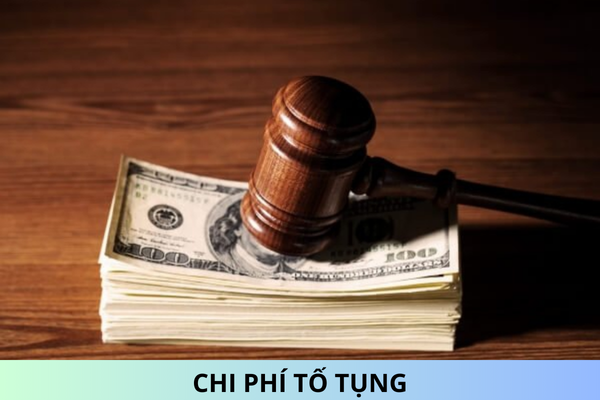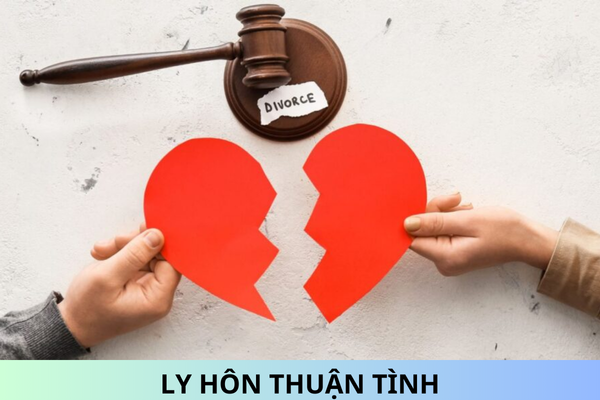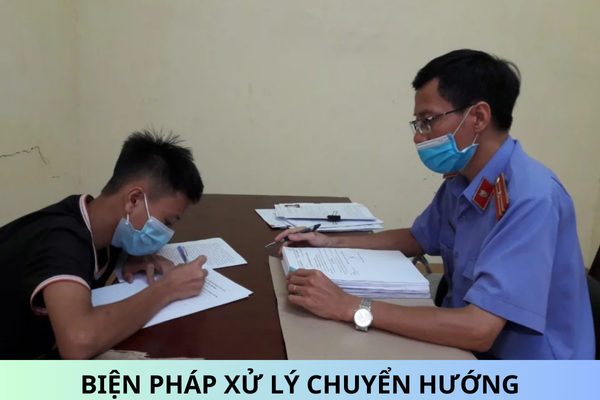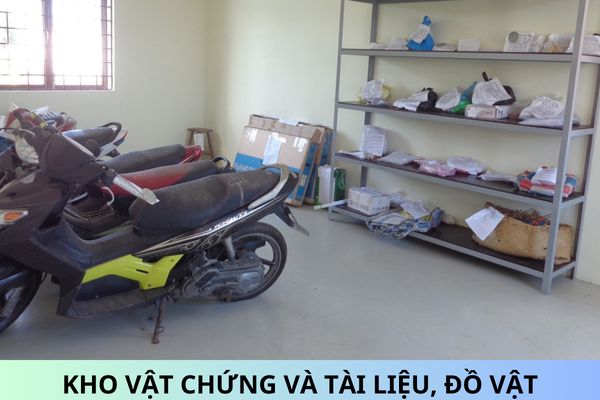Do procurators participate in meetings for checking the handover of, access to and disclosure of evidences and mediating in civil cases in Vietnam?
Do procurators participate in meetings for checking the handover of, access to and disclosure of evidences and mediating in civil cases in Vietnam? What is order of meetings for checking the handover of, access to and disclosure of evidences and mediating in Vietnam?
I am in Long An, next week I will attend a meeting for checking the handover of, access to and disclosure of evidences and mediating related to contract disputes, I wonder if there will be a prosecutor at that time? Because last time my husband denounced a person and there is a prosecutor attended this meeting, I would like to ask for the above information.
Do procurators participate in meetings for checking the handover of, access to and disclosure of evidences and mediating in civil cases in Vietnam?
Pursuant to Article 209 of the 2015 Civil Procedure Code, participants in meetings for checking the handover of, access to and disclosure of evidences and mediating are as follows:
1. Participants in the meetings shall include:
a) The meeting presiding Judge;
b) Court clerks in charge of writing up meeting minutes;
c) Involved or lawful representatives of involved parties;
d) Representatives of employee collective’s representative organizations, applicable to labor cases, at the request of employees, excluding labor cases where employee collective’s representative organizations or defense counsels of rights and interests of employees’ collectives/employees attend as representative organizations of employees’ collective. If the representatives of employee collective’s representative organizations do not attend the meeting for mediating, written opinions must be submitted;
dd) Defense counsels of rights and interests of involved parties (if any);
e) Interpreters (if any).
2. W hen it is deemed necessary, the Judges shall request relevant individuals, agencies and organizations to participate in the meetings; for cases pertaining to marriage and families, the Judges shall request representatives of family affair authorities, children affair authorities and/or Vietnam Women's Union to participate in the meetings; if they are absent, the meetings shall be still conducted.
3. In cases where any of involved parties is absent but involved parties who attend agree to conduct the meetings and such meetings do not affect rights and obligations of absent involved parties, the Judges shall conduct meetings between involved parties who attend; if involved parties request to postpone the mediation meeting until all involved parties attend, the Judge must follow their request. The Judges must notify the involved parties of such postponement and the resuming of the meetings.
Therefore, in a civil case in Vietnam, in principle, there will be no participation of the Procurator at this meeting and the previous case you mentioned of your husband is related to a criminal case, so there will be participation of the Procurator.
What is order of meetings for checking the handover of, access to and disclosure of evidences and mediating in Vietnam?
Pursuant to Article 210 of the 2015 Civil Procedure Code stipulates the above content as follows:
1. Before conducting the meetings, Court clerks shall report the Judges about the absence and attendance of participants in the meetings that had received notifications from the Courts. The Judges presiding over the meetings shall recheck the attendance and ID cards of participants then provide involved parties with information about their rights and obligations according to provisions of this Code.
2. When checking the handover of, access to and disclosure of evidences, the Judges shall announce materials and evidences in case files and ask the involved parties about the following matters:
a) Requests and scope of lawsuit, the amendment, supplement, modification and withdrawal of petitions for initiating lawsuits, counter-claims, independent claims; matters that have been and have not been agreed to be resolved by the Courts;
b) Materials and evidences that have been submitted to the Courts and the delivery of materials and evidences to other involved parties;
c) The amendment of materials/evidences; requests for collection of materials and evidences by the Courts; requests for summon of other involved parties by the Courts, witnesses and other participants at the Court sessions;
d) Other matters that the involved parties deem to be necessary.
3. When involved parties finished their presentations, the Judges shall review opinions and consider resolving requests of involved parties specified in clause 2 of this Article. If the persons summoned by the Courts are absent, the Courts shall notify them of the results of the meetings.
4. Procedures for mediation:
a) The Judges disseminate to involved parties the provisions of laws related to the resolution of the cases so that involved parties can relate them with their rights and obligations and analyze legal consequence of the success of the mediation then voluntarily reach agreements with each other about the resolution of the cases;
b) Plaintiff and defense counsels of their legitimate rights and interests make presentations of the disputes, make amendment of petitions for initiating lawsuits; grounds for protecting the petition and express opinions about matters to be mediated and resolution of the cases (if any);
c) Defendants and defense counsels of their legitimate rights and interests make presentations of the claims of the plaintiffs and about counter-claims (if any); grounds for protesting against the petition of the plaintiffs; grounds for defending their counter claims and express opinions about matters to be mediated and resolution of the cases (if any);
d) Persons with relevant interests and duties, defense counsels of their legitimate rights and interests express their opinions about the claims of the plaintiffs and the defendants; present their independent claims (if any); grounds for protesting against the claims of the plaintiffs and the defendants; grounds for protecting their independent claims and express opinions about matters to be meditated and resolution of the cases (if any);
dd) Other participants in the mediation meetings (if any) express their opinions;
e) When involved parties and defense counsels of their legitimate rights and interests have expressed their opinions, the Judges shall determined matters that involved parties have or have not agreed about and request involved parties to make additional presentation about unclear and not agreed contents;
g) The Judges shall make conclusion of those which involved parties have agreed or not agreed about.
The above is the order of meetings for checking the handover of, access to and disclosure of evidences and mediating in Vietnam in accordance with the law.
Best Regards!











